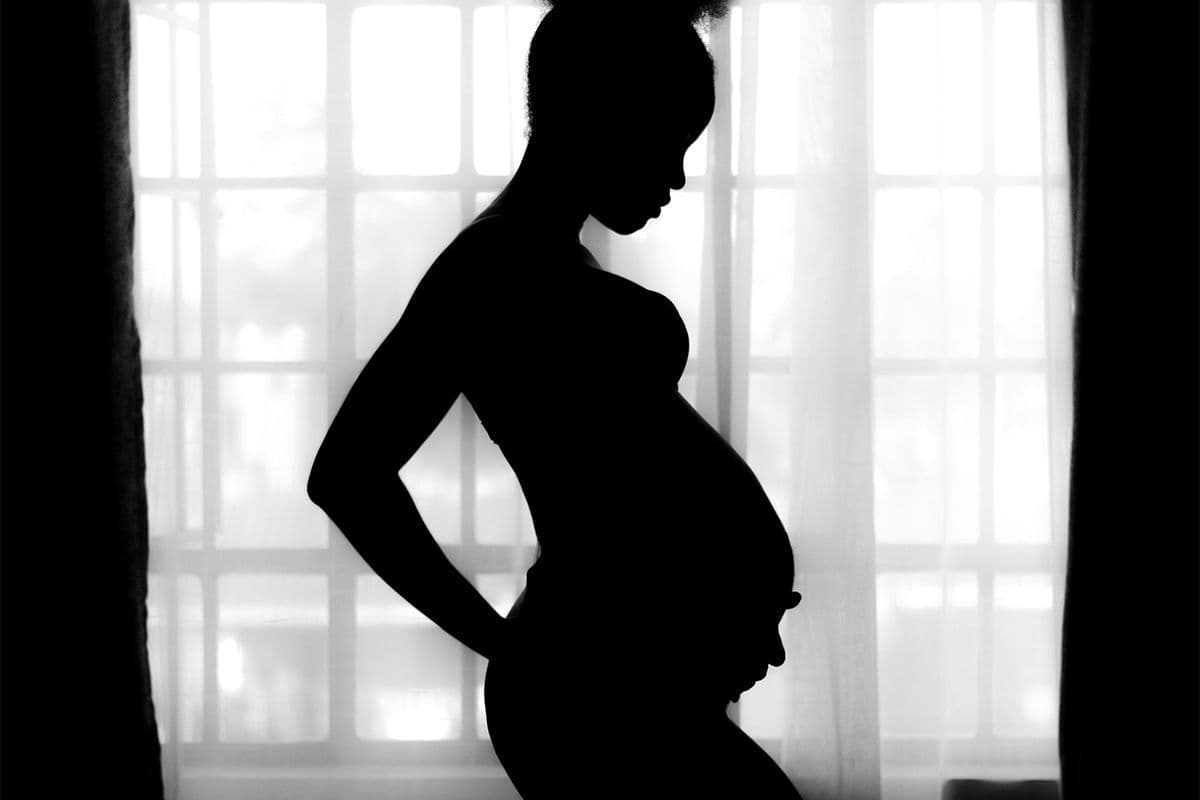Inflammation During Pregnancy and Fetal Brain Development
Pregnancy News
Obie Editorial Team
When confronted by an invader such as a bacterium or virus, the body’s immune system kicks into overdrive to kill the invading element and restore the body to harmonic microbiotic equilibrium. One side effect of this “germ” warfare is inflammation. Injuries produce inflammation, too, as the body fends off any opportunistic microbial imbalances that could cause infection and interfere with the body’s natural healing process.
A recent study from the Johns Hopkins University School of Medicine suggests that the over-activation of a woman’s immune system during pregnancy, such as when she has a cold or the flu, may influence the brain development of the child she carries. The effect seems most pronounced when the child is male.
Irina Burd, MD, Ph.D., led the research team which worked with mice to gauge the effect on her offspring of a mother’s inflammation during pregnancy. Burd is an Assistant Professor of Gynecology / Obstetrics and Neurology at the University Hospital and serves as President of the school’s Integrated Research Center for Fetal Medicine.
Burd based her work on previous studies which identified links between a woman’s illness or injury between weeks 18 and 32 of pregnancy and the increased risk of preterm birth and other complications that include an imbalance of immune system cells in her baby’s brain.
To simulate the inflammation a human woman may experience, the research team injected a group of pregnant lab mice with lipopolysaccharide (LPS), a substance known to cause inflammation. A control group was injected with non-inflammatory saline solution.
When the mice babies were born, the group exposed to inflammation had a certain region of the brain smaller than normal. This region, the hippocampus, is where the brain processes memory and spatial navigation. The LPS group also tested poorly for motor skills and exhibited behavioral issues. Hyperactivity in the LPS group was also noted at birth.
Sixty days later, the motor skills of the LPS offspring had corrected themselves but hyperactivity was still present. The structural differences in the brains of the LPS offspring continued into adulthood.
The male offspring of the LPS groups were more adversely affected by prenatal inflammation than the females. Since chronic inflammation seems to play a critical role in the healthy growth of the hippocampus and other elements of brain development and the effects continue into adulthood, Burd now questions what role inflammation during gestation plays on the development of neurobiological disorders such as autism and schizophrenia.
These finding also underline the value of getting a flu shot every year, especially during pregnancy.
Source: “Immune System ‘Overdrive’ in Pregnant Women Puts Male Offspring at Special Risk for Adult Brain Disorders, Mouse Study Suggests (press release).” Johns Hopkins Medicine. The Johns Hopkins University. Feb 6, 2014. Web. Feb 13, 2014.









